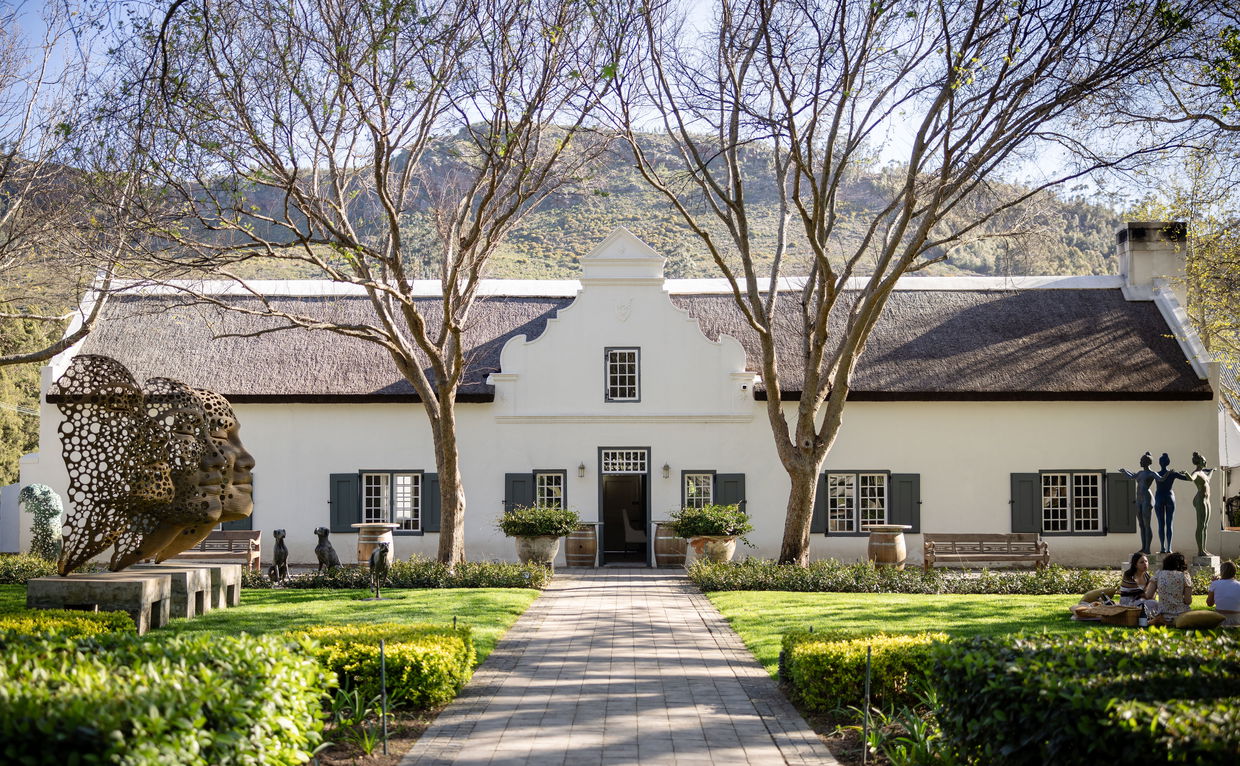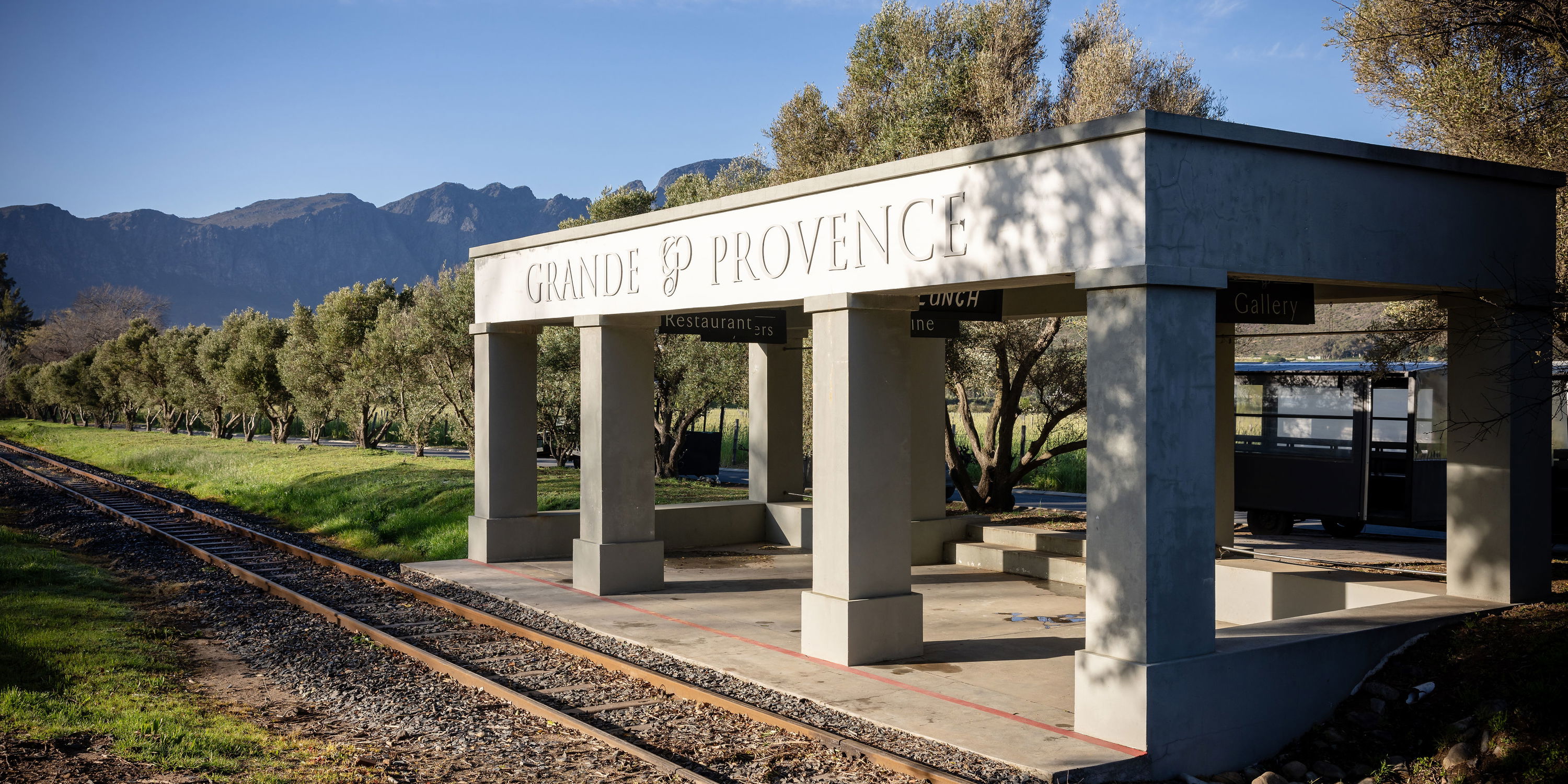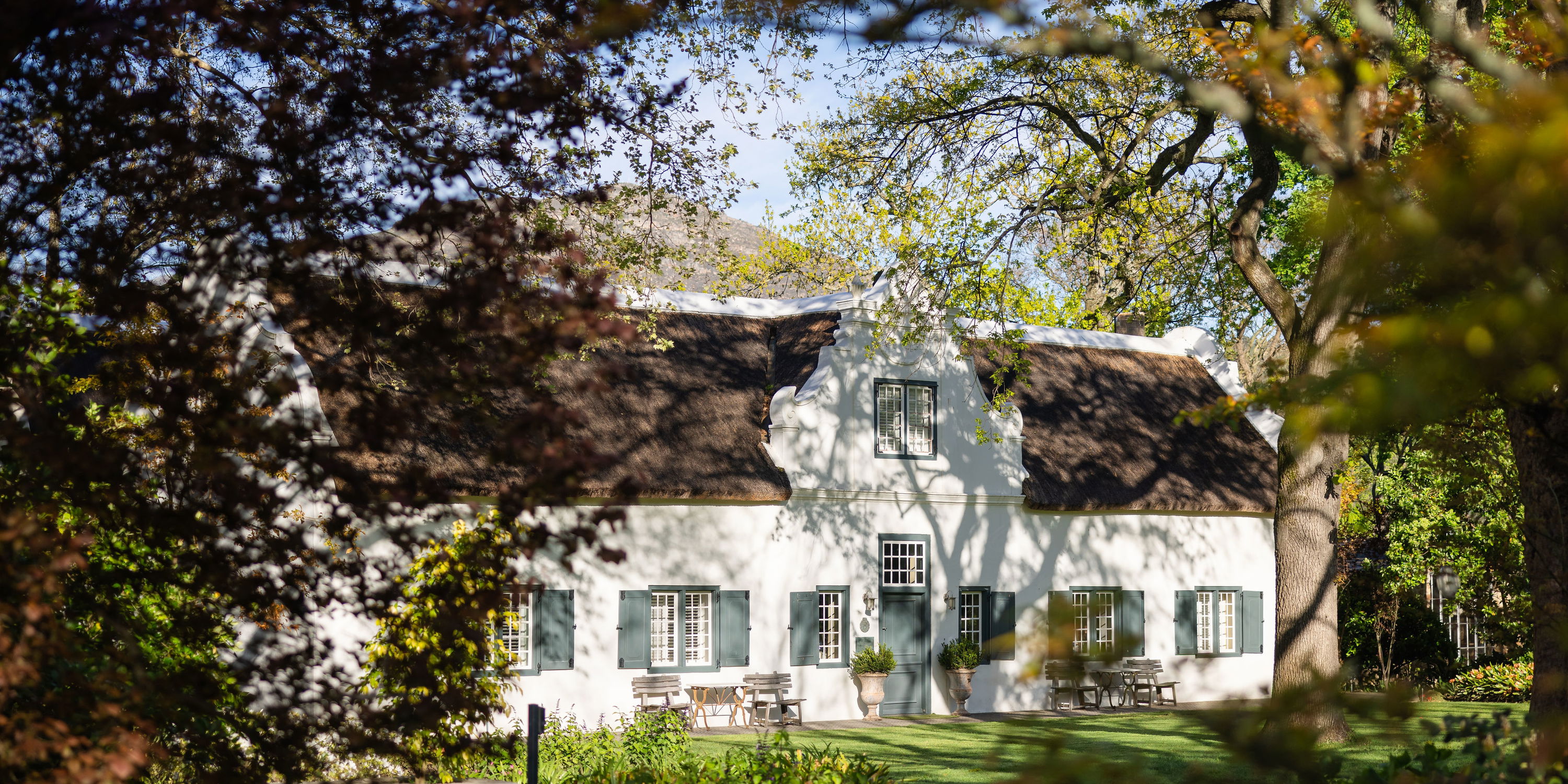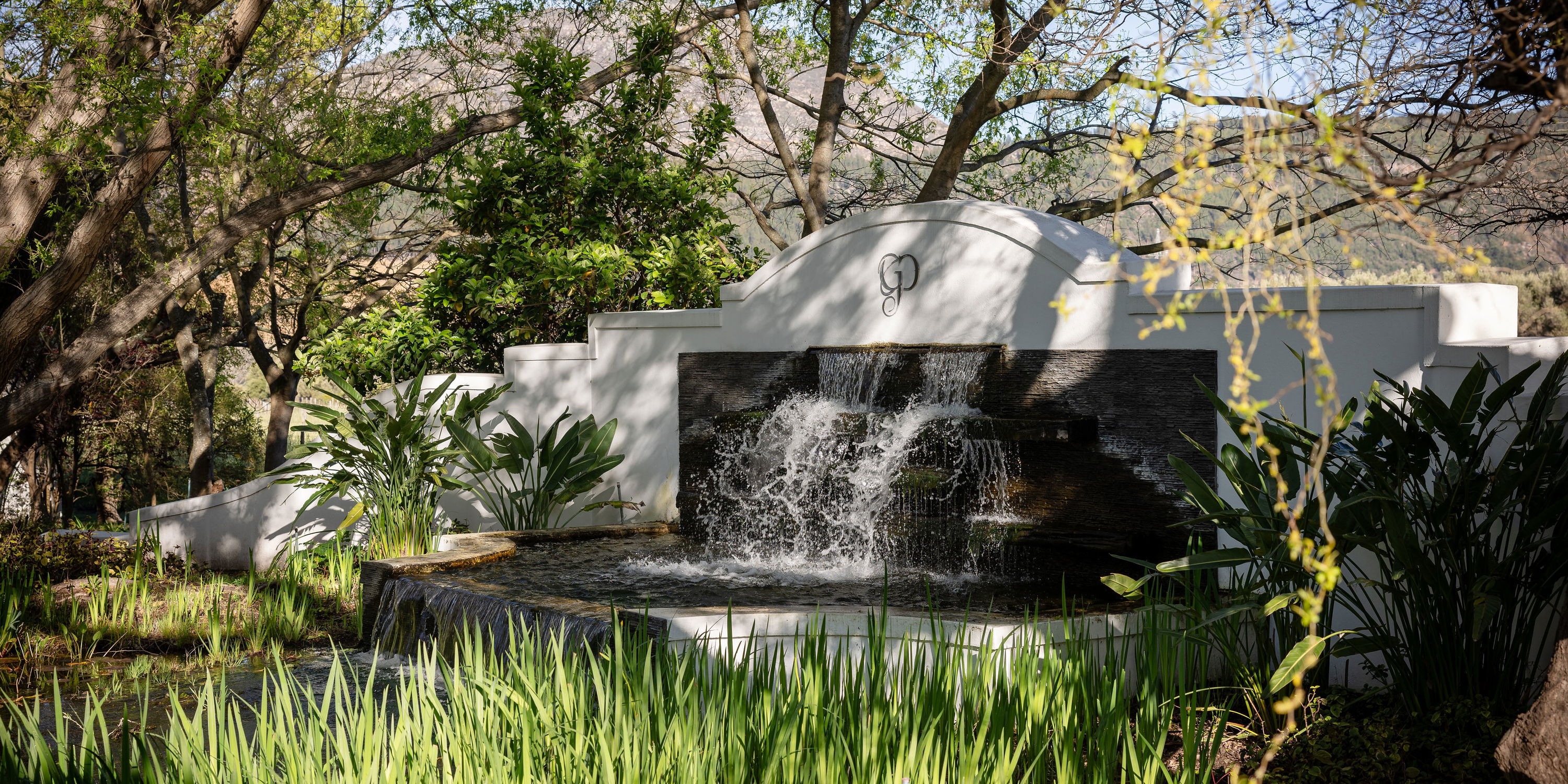The Legacy of Grande Provence

The storied past of Grande Provence is one of resilience, freedom, and flourishing ambition — a legacy where emancipation led to prosperity and bold ventures took root, much like the vines that now define this historic estate. More than a chapter in history, it is the very soul of Grande Provence: a living testament to courage, craftsmanship, and enduring spirit.
Grande Provence Wine Estate proudly carries the weight of its 330-year heritage with grace and dignity. Nestled in the heart of the Franschhoek Valley in South Africa’s Western Cape, the estate stretches across 47 acres of fertile vineyard, framed by dramatic mountain ranges and just an hour from Cape Town. This is the heartland of South African wine country — where nature’s beauty meets centuries-old viticultural mastery.
The estate’s origins trace back to 1694, when Pierre Joubert, a French Protestant fleeing religious persecution, arrived in the Cape with fellow Huguenots. Settling in Olifantshoek, later renamed Franschhoek ("French Corner"), Pierre and his wife Isabeau Richarde laid the foundations of a prosperous legacy, acquiring farms such as Belingchamp, L’Ormarins, La Motte, and La Roche. Their pioneering spirit gave rise to sprawling vineyards and the iconic Cape Dutch architecture that still graces the region.
Upon Pierre’s death in 1732, the seeds he planted — both literal and symbolic — continued to thrive. Among the estate’s more recent custodians was Count Riccardo Agusta, a passionate conservationist and visionary entrepreneur, who acquired Grande Provence in 1991. His legacy endures in the wines that bear his name.
In 2004, a consortium of Dutch and Belgian investors with a shared passion for exceptional wine, fine cuisine, and African heritage took ownership of the estate. Their vision marked a new era, enhancing Grande Provence’s reputation as a premier destination for wine, art, and hospitality.
Set within Franschhoek — often hailed as the "Food and Wine Capital of the Cape" — Grande Provence reflects the region’s unique blend of French elegance and African warmth. The area is rich with wine estates, culinary excellence, and museums that chronicle the journey of the Huguenots who made this valley their home.
The legacy of these French Protestants, adherents of the Reformed Church, is deeply rooted in the Cape. Their 1681 arrival brought skilled tradesmen and seasoned vintners whose contributions would shape the future of winemaking in South Africa. Supported by the Dutch East India Company, they transformed the Drakenstein Valley into fertile ground for innovation and growth.
Their enduring influence lives on in the names that echo across the country — de Klerk (Le Clercq), de Villiers, Visagie (Visage), du Plessis, du Toit, Fourie, Fouché, Giliomee (Guilliaume), Hugo, Joubert, Labuschagne (la Buscagne), le Roux, Malan, Malherbe, Marais, Theron, Jordaan (Jurdan), Viljoen (Villon), Blignaut, TerBlanche, and many more. These names tell a story of perseverance, transformation, and the lasting imprint of the Huguenot spirit.
Grande Provence is not merely a wine estate — it is a living chronicle of a people, a place, and a passion that continues to flourish through every vine, vintage, and visitor who walks its storied grounds.





Share This Page